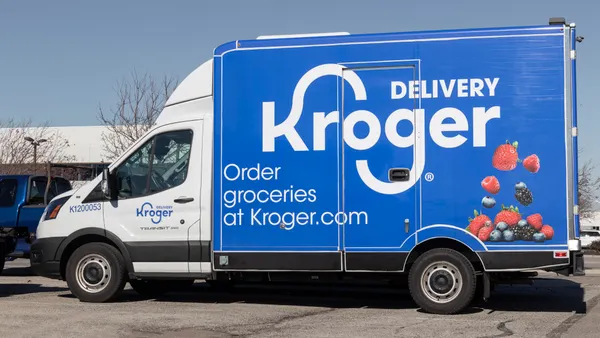Legislators in Illinois have approved a budget that eliminates the state’s 1% sales tax on groceries, according to local media reports.
The Illinois General Assembly passed the $53.1 billion spending plan for fiscal year 2025 early Wednesday morning, sending it on to Gov. J.B. Pritzker for his signature. On Sunday, the state Senate voted in favor of the budget, which would go into effect on July 1.
The state temporarily suspended the tax starting July 1, 2022, but resumed collecting it last June 30.
Pritzker proposed repealing Illinois’ grocery tax when he presented his budget proposal earlier this year. The governor’s budget plan said the tax is regressive, saying it should be eliminated “in light of the ongoing impact of inflation on working families” and the fiscal support the state has provided to local governments in recent years.
Pritzker took aim at the grocery tax during his state of the state and budget address in February.
“It’s one more regressive tax we just don’t need. If it reduces inflation for families from 4% to 3%, even if it only puts a few hundred bucks back in families’ pockets, it's the right thing to do,” Pritzker said.
Repealing the grocery tax could prove costly to municipalities that depend on the revenue. For example, Springfield, Illinois, could lose nearly $4 million during the upcoming year under the plan, The State Journal-Register reported.
While the budget ends the state’s sales tax on groceries, it also allows local authorities to impose their own grocery taxes without gaining approval from voters, The Associated Press reported.
Illinois is one of a minority of states that collect a statewide sales tax on groceries. Other states on that list include Alabama, Kansas and Missouri, according to AARP.











